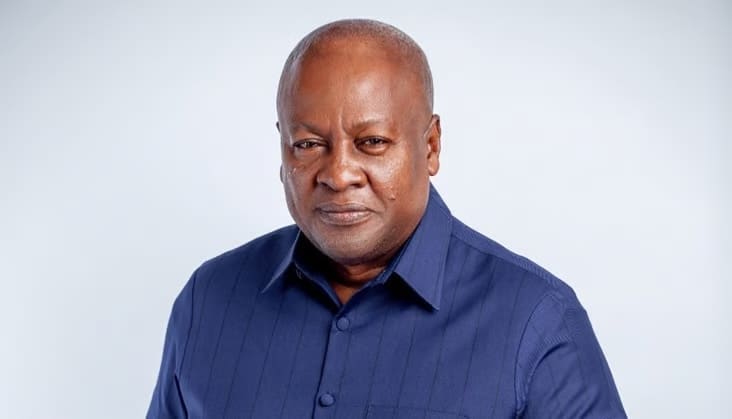In a growing wave of concern, Ghanaians are urging President John Mahama to take decisive action to resolve the ongoing power outages affecting the nation, commonly known as “dumsor.” Business owners across various sectors report that these outages are severely disrupting their operations, resulting in significant financial losses and stunting economic growth.
The recent resurgence of power interruptions has reignited alarms among entrepreneurs and citizens alike. Many small and medium-sized enterprises (SMEs), which constitute the backbone of Ghana’s economy, have been particularly hard-hit. A survey conducted by the Ghana National Chamber of Commerce and Industry (GNCCI) revealed that nearly 70% of businesses reported a decline in productivity due to inconsistent electricity supply.
“Every time the power goes out, it’s more than just an inconvenience-it’s a financial setback,” stated Kwame Owusu, a restaurant owner in Accra. “We lose perishable goods, and our customers become frustrated. This affects our reputation and our bottom line.” His concerns are echoed by many in the hospitality and service sectors, where a reliable power supply is essential for smooth operations.
The impact of these outages extends beyond immediate financial losses. Many entrepreneurs are compelled to invest in alternative power sources, such as diesel generators, which further inflate their operational costs. This complicates their ability to remain competitive in an already challenging market. “We are stuck in a constant cycle of trying to catch up,” explained Ama Serwah, a fashion designer. “The additional costs of fuel for generators eat into our profits, making it difficult to sustain our businesses.”
The situation has prompted various business groups to demand that the government prioritize energy stability. In a recent press release, the GNCCI urged President Mahama to engage with the Electricity Company of Ghana (ECG) and other stakeholders to implement immediate solutions. “We need to see a concrete plan that addresses the underlying issues causing these outages,” the statement emphasized. “The economy cannot thrive if we are perpetually in the dark.”
Public sentiment is increasingly leaning toward urgent government action. Citizens have taken to social media platforms to voice their concerns, with hashtags like #StopDumsor and #GhanaDeservesBetter trending on X. “It’s time for our leaders to take responsibility and provide the reliable electricity we pay for,” one user tweeted, reflecting a growing demand for accountability.
In light of these challenges, some businesses are pursuing innovative solutions to mitigate the effects of power outages. For instance, a tech startup in Accra has developed an application that allows users to track power availability in real-time, enabling businesses to plan their operations accordingly. While such initiatives are commendable, many believe that the government must step up to provide a sustainable long-term solution.
As the pressure mounts, all eyes are on President Mahama. His administration has previously made promises to enhance the electricity supply, but many citizens feel that results have not met expectations. “We want to see action, not just words,” stated Abena Mensah, a local activist. “The future of our businesses and livelihoods hinges on reliable power. We are counting on you, Mr. President.”
As Ghanaians unite to demand change, it is evident that the issue of power supply is not merely a technical problem; it is a critical component of the nation’s economic health. With the stakes higher than ever, the call for action is loud and clear: the time for change is now, and Ghanaians are ready to see their leaders rise to the challenge.
By: Idris Ibn Mohammed



